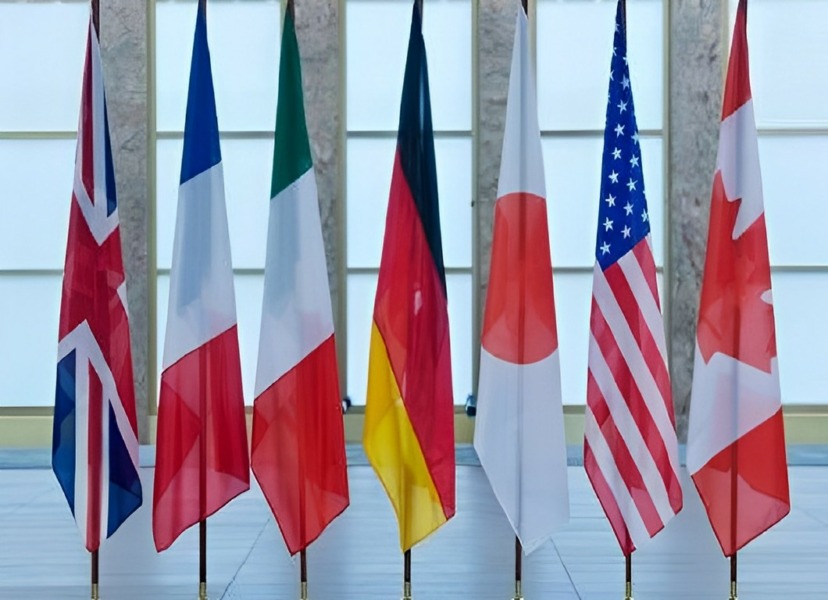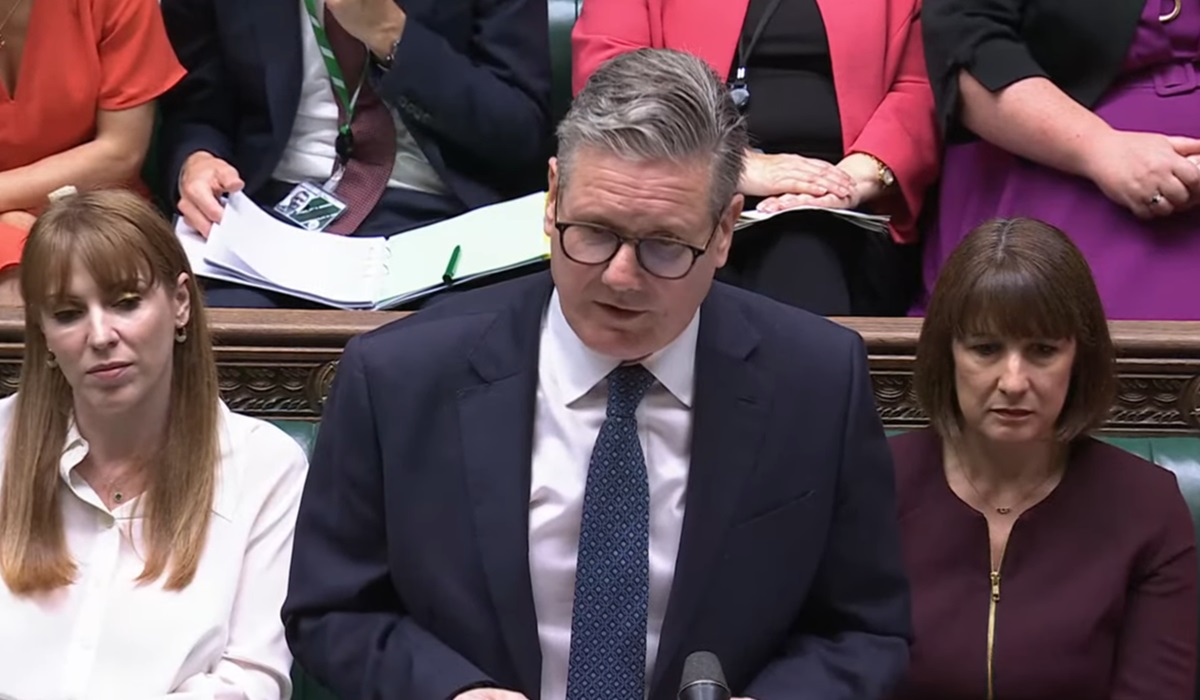Unveiling the Dark Side: Economic Coercion at the 49th G7 Summit – A Dangerous Game with Severe Consequences
- TDS News
- Breaking News
- Canada
- East Asia
- Trending
- May 17, 2023

The upcoming 49th G7 summit in Hiroshima, Japan, has brought a new buzzword to the forefront: “economic coercion.” However, despite its prominence in discussions among the leaders of the G7 nations, there seems to be a lack of a clear and concise definition for this term. As finance ministers wrap up their meetings, focusing on reducing inflation, the heads of state prioritize countering China’s export growth to advance their economies. In light of these developments, it becomes crucial to understand the meaning of economic coercion.
According to recent data from the Bureau Economic Briefing for the U.S. Government, the United States trade with China in 2022 saw its exports increase to $153.8 billion, and imports reach $536.8 billion. Canada, too, experienced an increase in imports from China, surpassing $100 billion for the first time. While economic coercion has become a prevalent concern among the G7 nations, a precise definition remains elusive. The term generally refers to using economic measures to manipulate or pressure another country to alter its policies or behaviour. It can include imposing trade barriers, tariffs, sanctions, or other restrictive measures designed to weaken the target country’s economy. Despite its ambiguous nature, economic coercion often involves a combination of political, diplomatic, and economic tactics intended to achieve strategic objectives.
The impact of economic coercion has been witnessed in recent history, with former US President Donald Trump’s administration providing a noteworthy example. During his tenure, the US government imposed a staggering 3,900 sanctions, averaging three per day. Even under the current Biden administration, the number of sanctioned parties has soared, reaching approximately 9,421 by late 2021—an increase of 933% since 2000. These actions have affected over 40 countries and nearly half of the world’s population, showcasing the widespread ramifications of economic coercion.
As the G7 nations contemplate countering China’s export growth, it is crucial to consider the costs and consequences of engaging in a trade war. Previous experiences, such as the repercussions faced by Canada’s aluminium producers under Trump’s “America First” policies, have demonstrated the devastating impact on industries and citizens. Global trade wars inevitably lead to increased costs of living, higher prices for essential commodities, and financial strain on individuals worldwide. Given that the global economy and stock markets are highly responsive to the words and actions of these influential nations, the G7 leaders must tread carefully and consider the real-time, real-life effects their decisions have on citizens.
While the G7 leaders aim to address economic coercion and counter China’s export growth, the lack of a clear definition poses a significant challenge. Engaging in a trade war or resorting to economic measures without careful consideration can have detrimental consequences for businesses, economies, and citizens. Instead, it is vital for the G7 nations to foster open dialogue, seek mutually beneficial solutions, and prioritize diplomatic approaches to resolve trade imbalances. By doing so, they can ensure a stable and prosperous global economy that benefits all parties involved.








